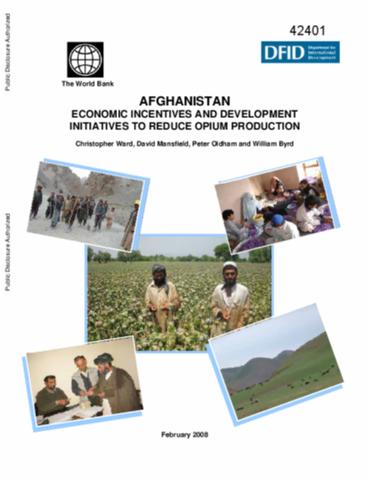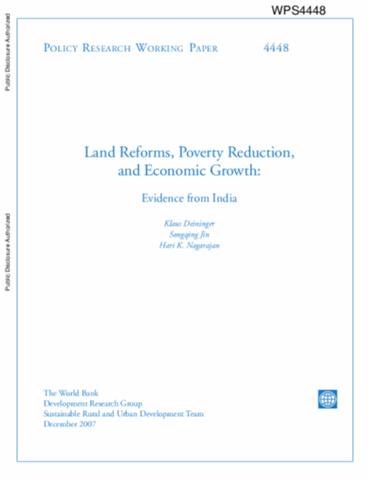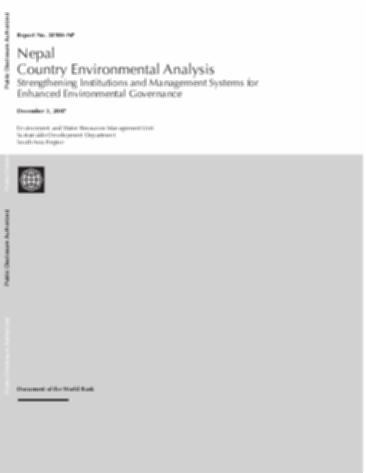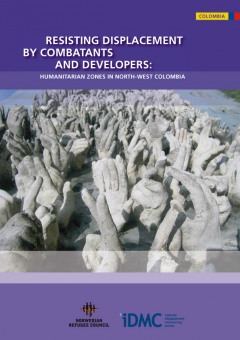Afghanistan : Economic Incentives and Development Initiatives to Reduce Opium Production
This report is about how to progressively reduce over time Afghanistan's dependence on opium - currently the country's leading economic activity - by development initiatives and shifting economic incentives toward sustainable legal livelihoods.









